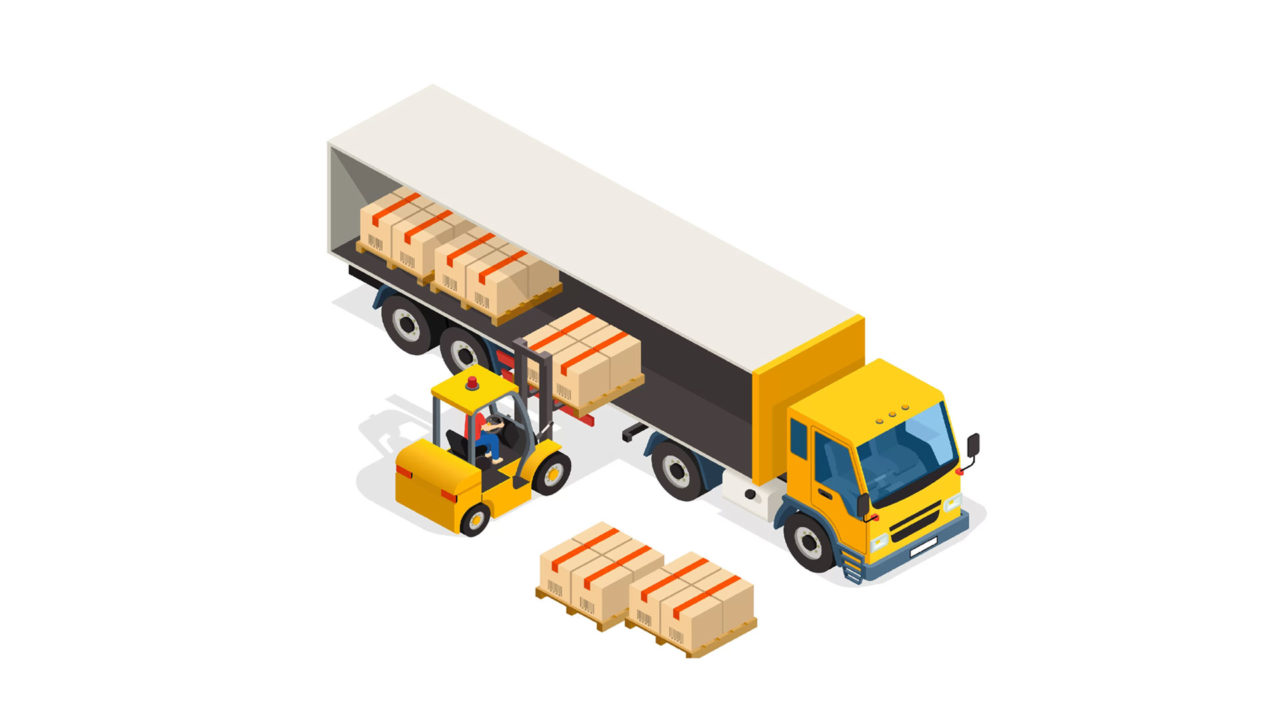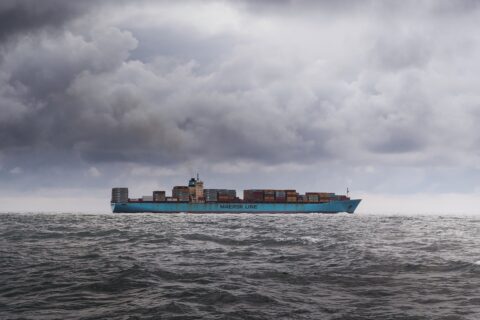
When shipping your cargo through ocean freight, you will be first asked about the size/ volume of your cargo. The cargo size/volume determines the best suitable option for you – LCL shipping or FCL shipping. LCL refers to Less-than-Container-Load, whereas FCL stands for Full Container Load.
LCL Shipping – What Does It Mean?
Generally defined by low volume shipments, LCL shipping indicates that you will be sharing your shipping container with other shippers. Your cargo will thus be transported along with that of other shippers in the same container.
In short, in LCL shipping your goods will be grouped or combined with other shippers to fill the container load capacity.
LCL shipments are apt for those who have small shipping requirements. If your cargo volume is lesser than 33 cubic meters, which is less than the size of the smallest containers available, FCL shipping would be the best bet for you, when considering sea freight.
Types of LCL Shipments
There are 2 forms of LCL shipments that are the most popular –
- LCL Shipments in Pallets – In this type, the cargo is placed in pallets and secured with straps, stretch wraps or so. Shipping cargo in pallets is highly recommended as it promotes easy handling, security and prevents cargo damage, as LCL shipments go through multiple change of hands.
- LCL Shipment in Boxes – The cargo can also be packed in stackable boxes, but it depends on the nature of the cargo. This option may be a bit cheaper than pallets, however, here the cargo is prone to damage, thus compromising on the security of your goods.
Palletized LCL shipments are your best bet and are also recommended by many, given that it is superior in security.
Is LCL Shipping the Right Choice for You?
There are several factors that you should consider before you decide that LCL shipping is most suitable for your need. Here are a few of them to consider –
- Size of Your Shipment / Cargo – LCL shipping is the best option for you when the size of your cargo is less than 33 cubic meters or 1200 cubic feet. 33 cubic meters is the approximate internal capacity of the smallest of the standard shipping containers.
- LCL Shipping Rates – Pricing of LCL shipping can be complex as your goods will be sharing container space with that of other shippers. There are many factors that contribute to the cost of your shipment, here are top 3 –
- Weight of your cargo or shipment
- Volume of your cargo or shipment
- Type of goods in your shipment
- Documentation fee and others
- Shipping Time – LCL shipment generally takes longer than FCL shipment, this could be about 5 to 7 days more. This is due to –
- Your LCL shipment is first consolidated with other LCL shipments that are assigned the same container. This is undertaken in a consolidation warehouse
- Once the container is ready with all LCL shipments, it is transported from the consolidation warehouse to the port and then loaded to the vessel
- Once the vessel reaches the destination, the container is transported to another warehouse where all the LCL shipments from various shipments are segregated
- Your LCL shipment will then be assigned and released for transport from the warehouse to its destination
- Multiple Touch Points – It is important to keep in mind that LCL shipments have more touchpoints than FCL shipment. This is because LCL shipments need to be handled, loaded and unloaded multiple times before it reaches its final destination.
- From your storage facility to consolidation warehouse
- From consolidation warehouse to the departure port
- From arrival port to destination’s consolidation warehouse
- From consolidation warehouse to local delivery / shipment destination
It is thus important to choose the correct form of your LCL shipment, to ensure your cargo is secure and intact.
Joint Responsibility – In LCL shipment, you are not just sharing cargo space in a container but are also sharing responsibility. It is important to ensure all paper work, documentation and other formalities are on point from your end, to ensure the container is not held causing delays.
Ready For Your LCL Shipments?
LCL shipping can be one of the best options to consider when you have a lean inventory and have enough time at hand, especially for small and medium businesses; as air freight could prove to be ten times more expensive than sea freight.
However, LCL shipping can prove to be exhausting, the best way to go ahead with this is by appointing a freight forwarder, like ProConnect Logistics, and leave all the co-ordination and documentation hassles to them. ProConnect takes care of your end to end needs and provide you with options for door to door or door to port delivery of your shipment.
We can not only help you with your LCL shipment requirement, but can also suggest you with alternative options, if any, that is best suitable to your requirement. Speak to our team of experts for more details or simply ask us for a free quote for your shipment.





 APP DOWNLOAD
APP DOWNLOAD